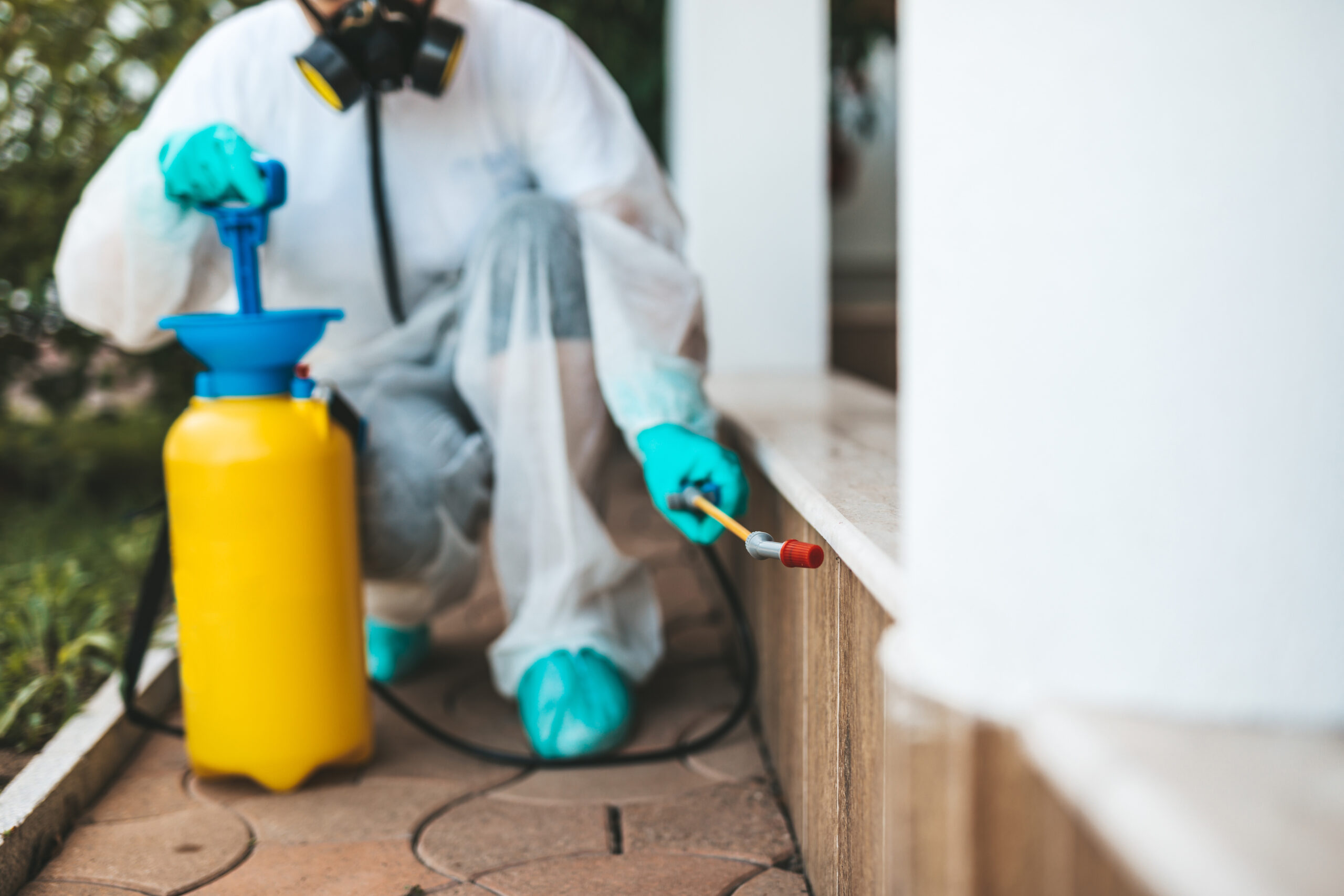Expert Ant Control Services: Custom-made Treatments for Long Lasting Outcomes
Expert Ant Control Services: Custom-made Treatments for Long Lasting Outcomes
Blog Article
Ecological Effect of Bug Control: Harmonizing Performance With Sustainability
The ecological impact of pest control is a vital issue that calls for a delicate equilibrium between accomplishing performance in guaranteeing and handling bugs sustainability of our environments. As we aim to safeguard our crops, homes, and health and wellness from the hazards posed by pests, the techniques we utilize can accidentally hurt the environment. From making use of harmful chemicals that seep into our dirt and water to the unintended effects on non-target varieties, the effects of standard insect control practices are far-ranging. However, there are arising approaches that use expect a much more sustainable strategy to pest monitoring. These solutions not only purpose to address the prompt insect issues yet likewise think about the long-term health and wellness of our earth.
Dangerous Chemicals in Parasite Control
The use of unsafe chemicals in pest control postures significant ecological and wellness threats that require mindful consideration and mitigation approaches. Pesticides, chemicals, and herbicides are typically used to eradicate pests, but their widespread application can cause unintentional repercussions. These chemicals can infect soil, water resources, and the air, impacting not only the targeted parasites however likewise helpful pests, wildlife, and humans.

To deal with these risks, integrated bug management (IPM) techniques are being advertised as a more sustainable option. IPM involves a mix of approaches such as organic control, habitat adjustment, and the targeted use pesticides as a last option (ant control bessemer city nc). By embracing an alternative strategy to pest control, we can reduce the ecological and health and wellness influences connected with dangerous chemicals while effectively managing pest populaces
Effect On Non-Target Variety
Taking into consideration the unexpected effects of bug control approaches, the effect on non-target types is an important aspect that calls for thorough examination. While bug control measures aim to target particular pests, various other microorganisms in the community might be inadvertently influenced. Non-target species, including useful insects, birds, mammals, and even plants, can experience straight or indirect harm from pesticide applications or organic control methods.
Pesticides created to fight a particular insect pest may harm pollinators like or natural killers such as ladybugs. Organic control agents, if not species-specific, can position risks to unexpected targets, disrupting the environmental equilibrium.
To mitigate the impact on non-target varieties, integrated parasite monitoring (IPM) approaches that highlight an all natural technique to pest control are recommended. These approaches focus on the usage of eco-friendly practices, reducing harm to advantageous microorganisms while effectively taking care of pest populations. Performing comprehensive danger analyses and keeping track of the outcomes of pest control efforts are important actions in protecting non-target species and promoting general ecological community wellness.
Dirt and Water Contamination
Unexpected ecological repercussions of parasite control approaches prolong beyond influencing non-target varieties, with substantial implications for dirt and water contamination - ant control services. Pesticides, herbicides, and chemical fertilizers utilized in parasite control can seep right into the dirt and contaminate groundwater, presenting a threat to both terrestrial and marine ecosystems.
Water contamination is another vital concern linked with insect control practices. To alleviate soil and water contamination from bug control tasks, incorporated pest administration methods that prioritize sustainability and minimize chemical inputs are vital.
Air Air Pollution From Pesticide Use
Direct exposure to airborne pesticides during agricultural applications poses a considerable issue for air pollution control actions. When pesticides are splashed onto crops, they can volatilize into the air and form unstable organic compounds (VOCs) and other airborne toxins. These chemicals can add to the formation of ground-level ozone, a major part of smog that can have harmful effects on human health, crop efficiency, and overall air top quality. In addition, pesticide drift, where chemicals are lugged by the wind to unintentional areas, can result in the contamination of nearby communities and water bodies.

Techniques for Sustainable Insect Control
In the realm of farming practices, applying sustainable insect control strategies is paramount for keeping environmental balance and securing crop returns. Sustainable bug control emphasizes the use of environmentally friendly techniques to handle pest populations effectively while decreasing injury to non-target organisms and communities. Integrated Insect Management (IPM) is an extensively adopted strategy that incorporates biological, social, physical, and chemical control techniques to achieve long-term pest administration remedies.
Plant turning and diversification are likewise reliable techniques to disrupt pest life cycles and create less desirable conditions for insects to prosper. Ultimately, by integrating these sustainable pest control methods, farmers can attain a balance between pest management efficiency and environmental stewardship.
Conclusion
To conclude, the environmental effect of bug control approaches must be thoroughly taken into consideration to stabilize performance with sustainability. Damaging chemicals used in pest control can lead to dirt and water contamination, air pollution, and injury non-target varieties - termite control services. It is crucial to implement sustainable pest control methods to lessen these unfavorable impacts ant control salisbury nc on the atmosphere and advertise a healthier ecological community for future generations
By taking on an alternative strategy to pest control, we can minimize the ecological and health effects connected with dangerous chemicals while efficiently handling pest populations.

To alleviate the air contamination caused by chemical usage, it is necessary to adopt integrated parasite management strategies that prioritize the use of non-chemical pest control methods, such as plant turning, natural predators, and immune crop ranges. Sustainable bug control stresses the usage of environmentally pleasant approaches to handle pest populaces successfully while reducing damage to non-target microorganisms and communities. Integrated Bug Management (IPM) is an extensively adopted approach that integrates biological, social, physical, and chemical control approaches to achieve long-term bug management options.
Report this page